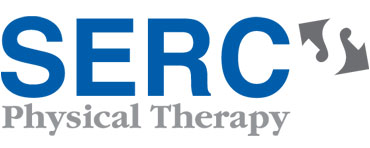A typical lumbar fusion is performed for a patient experiencing both low back and leg pain. The importance of honesty with the doctor is the most important aspect for a successful procedure.
During the surgery, a bone graft will be placed between the vertebrae and stabilized with rods and screws in your spine. Typically, either a piece of bone will be removed from your hip or a cadaver bone will be used.
The primary resolution of post-surgery symptoms involves physical therapy and a home-exercise program. Physical therapy typically will begin six weeks after surgery.
There are specific key points to ensure you experience maximum resolution of your symptoms until you meet with your physical therapist. The following guidelines and recommendations please make sure to follow any instructions or additional restrictions provided by your physician.
- No twisting or bending
- If a post-surgery brace is ordered by your physician, wear it as recommended.
- Walking is the best cardiovascular exercise; start slowly and increase the duration each day
- Maintain proper spinal posture with daily activities
- Change positions frequently to decrease stress and strain on your back
- Avoid lifting, pushing, pulling anything weighing 10 pounds or more for six weeks
- Lift light objects properly:
— Stand close to the object, with feet firmly planted, and in a wide stance.
— Bend your knees and keep your back straight.
— Make sure you have a secure grip and keep the object as close to you as possible.
— Lift by slowly straightening your knees; avoid jerking your body.
— When standing upright, shift your feet to turn instead of twisting.
During this post-surgical process, if you experience any atypical symptoms or have any questions or concerns, do
